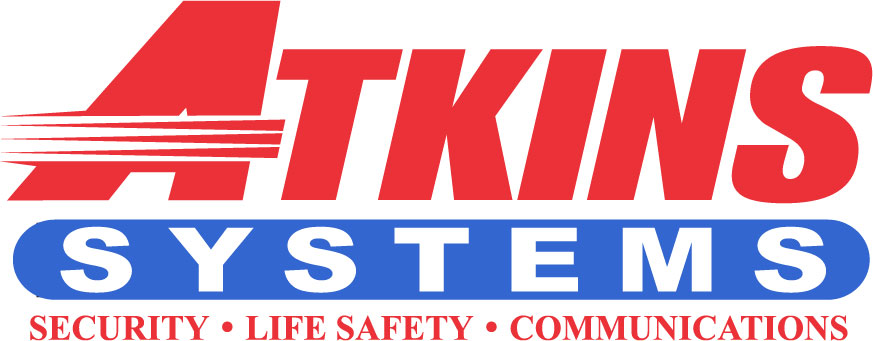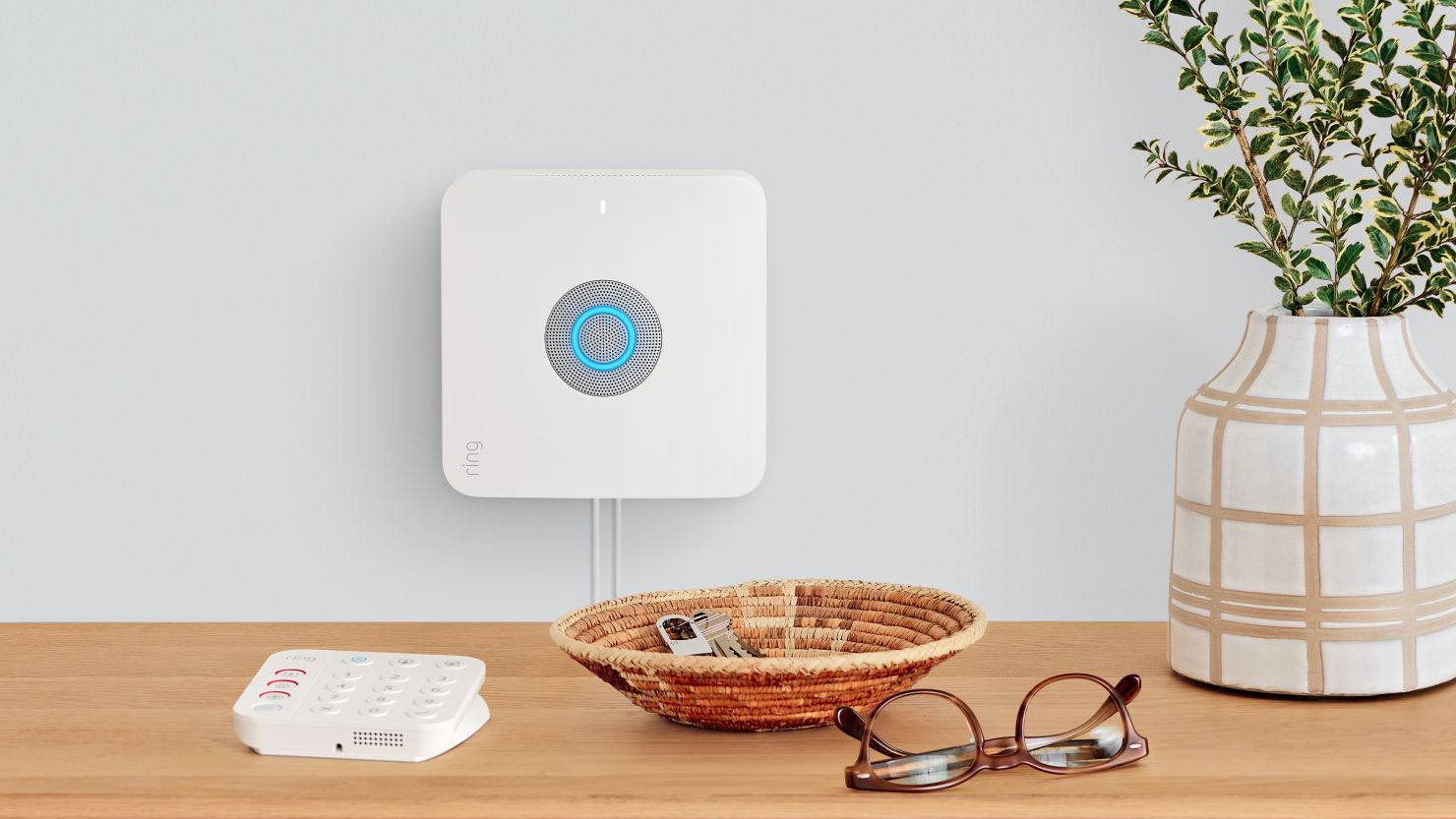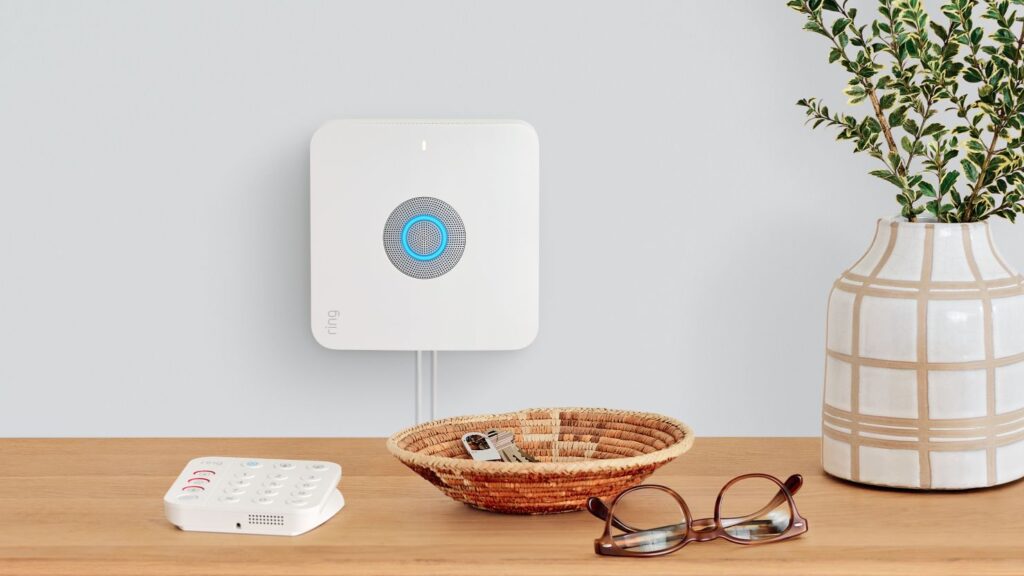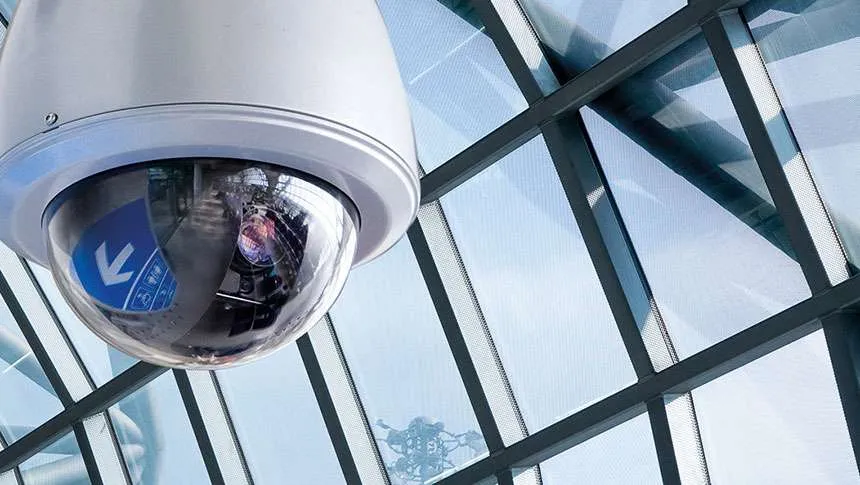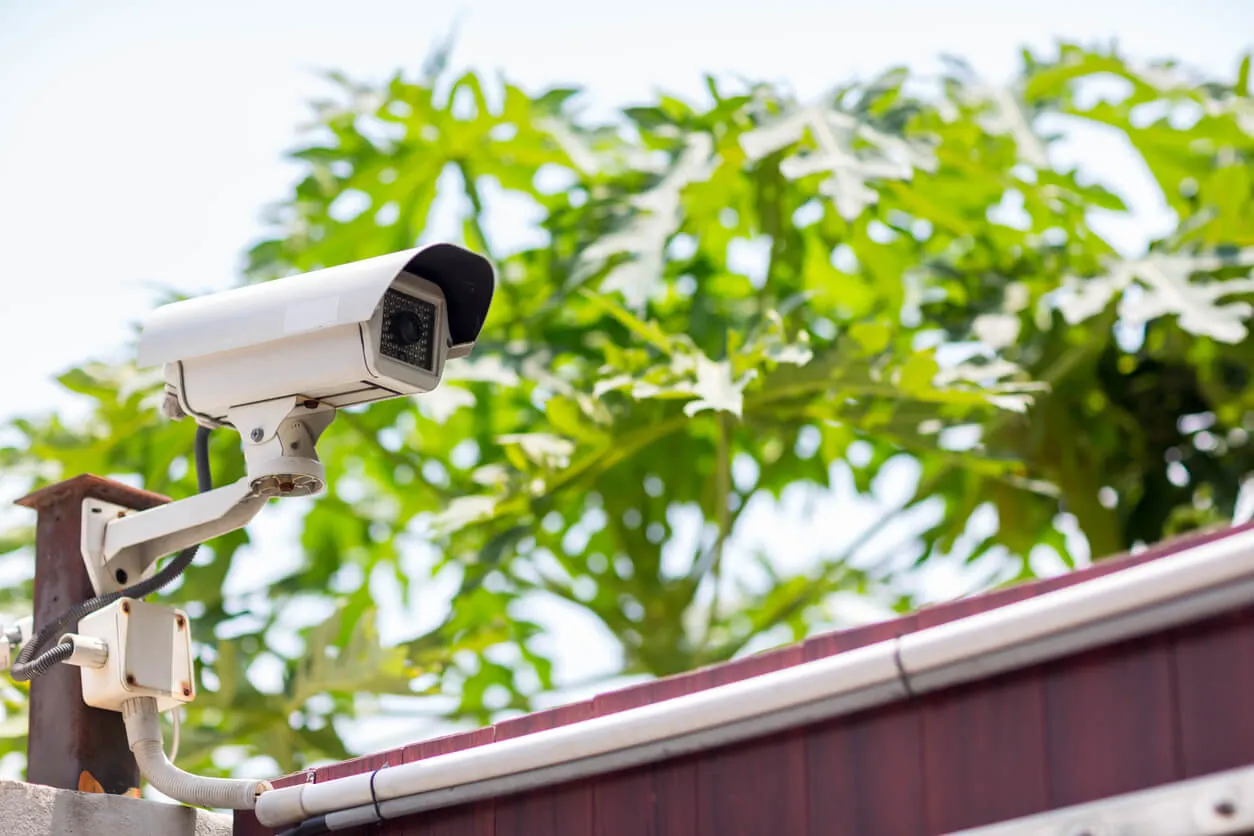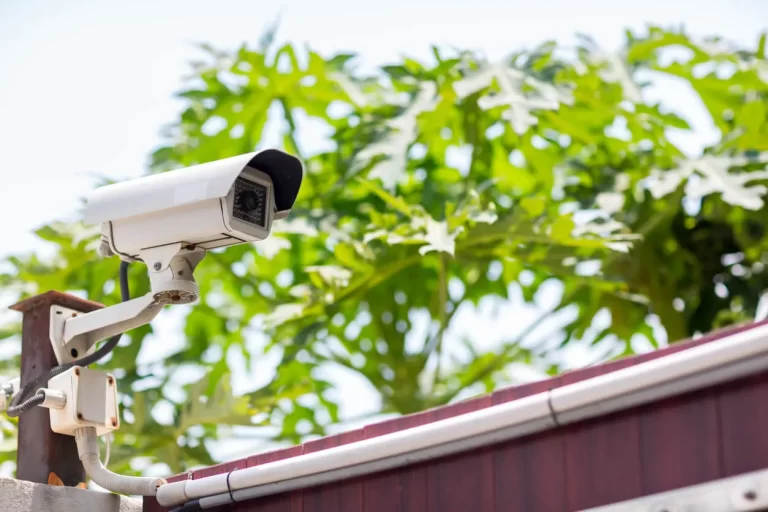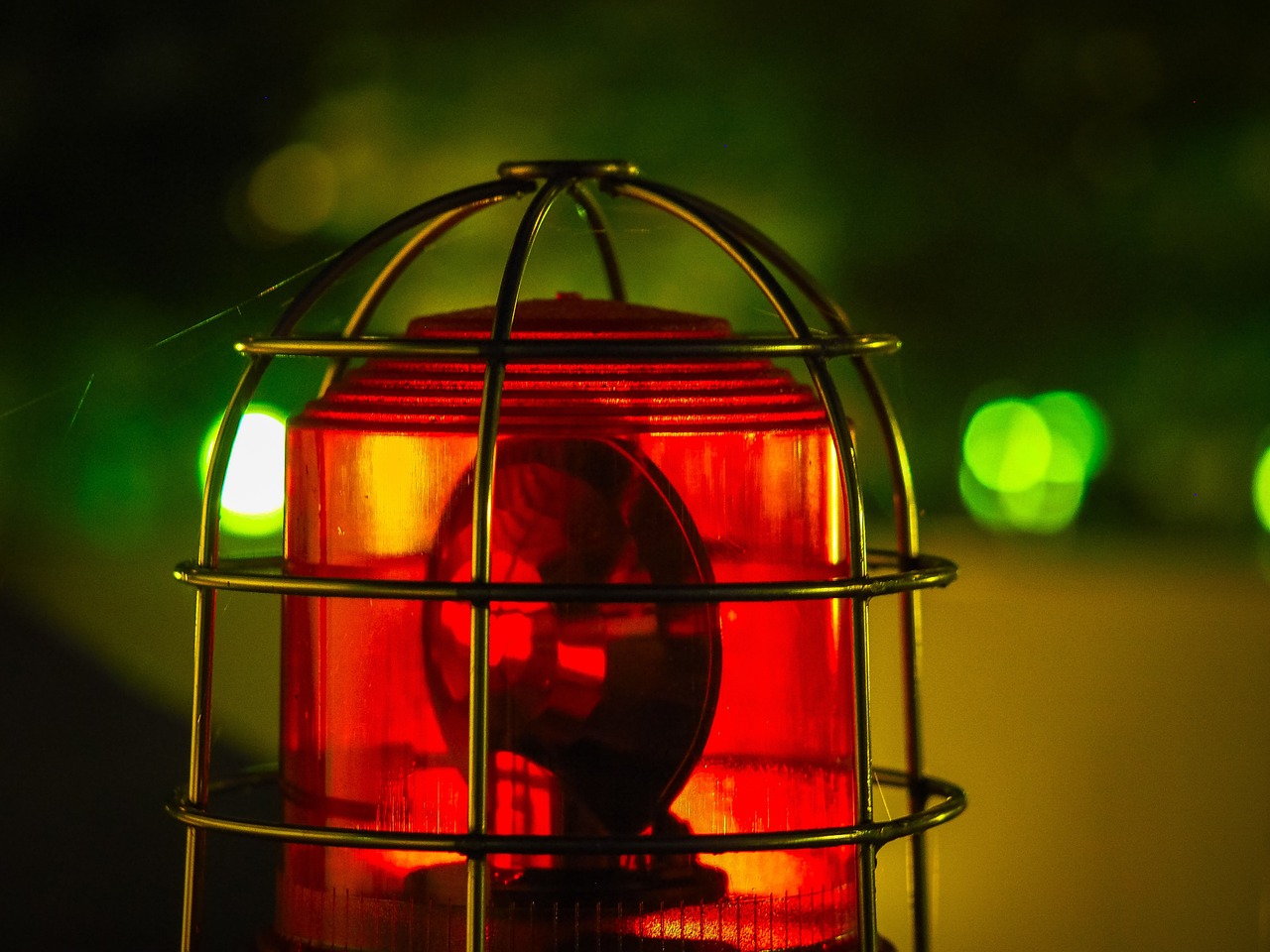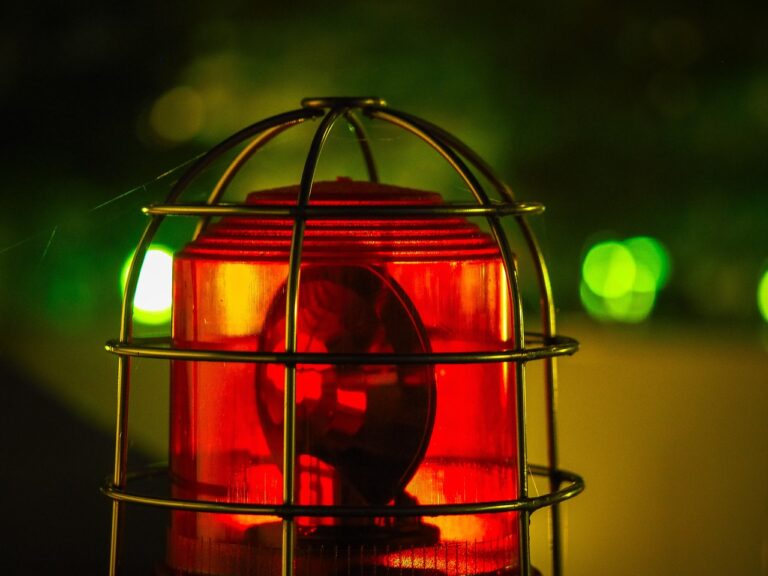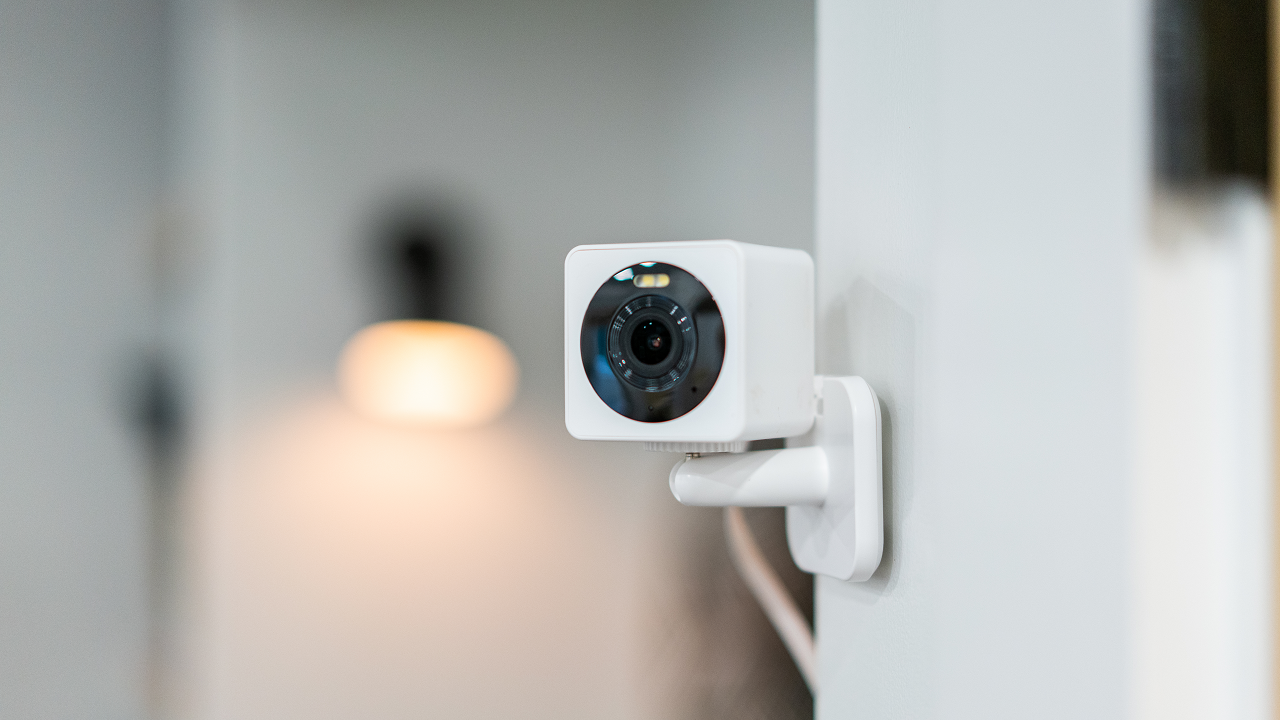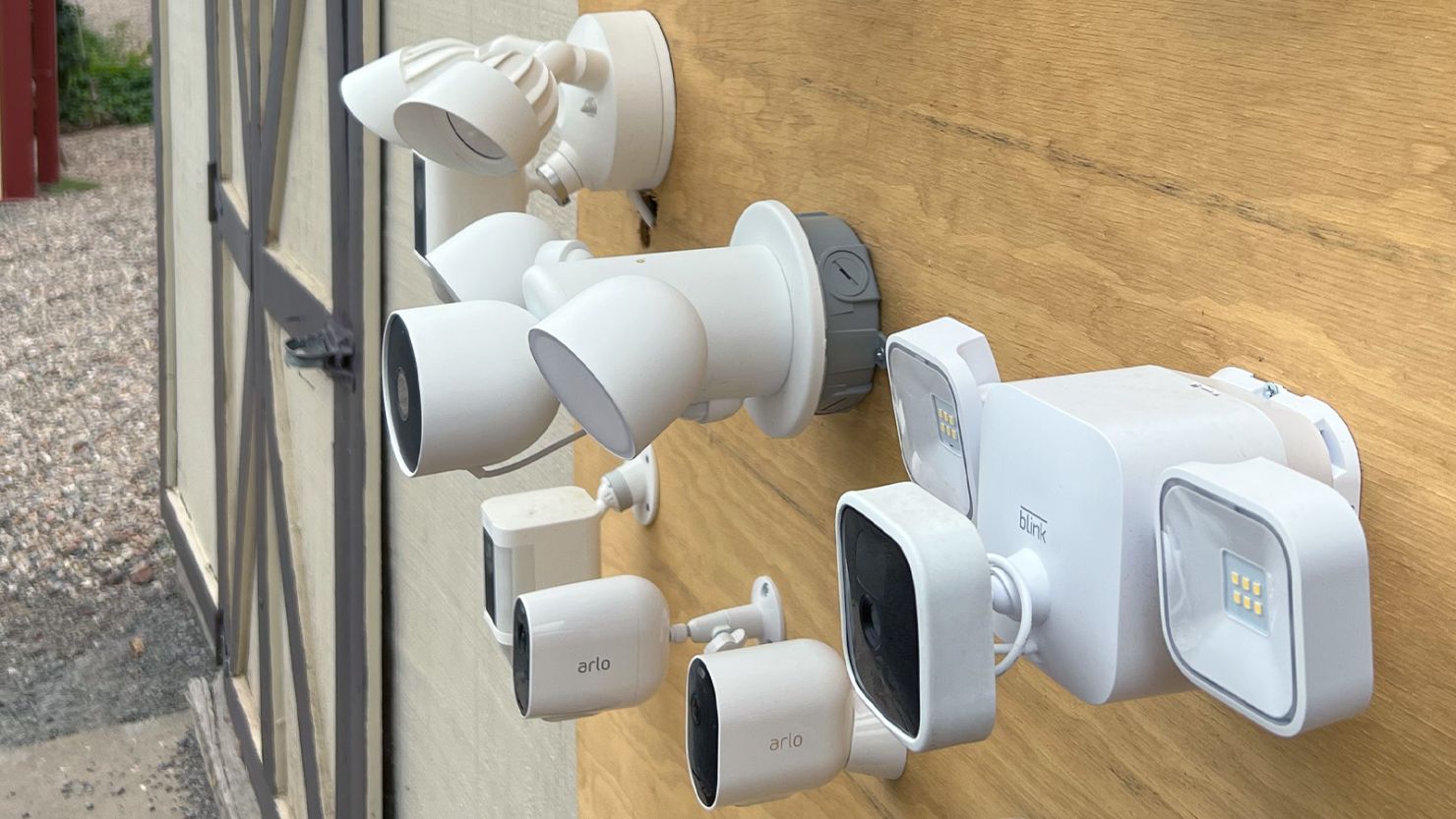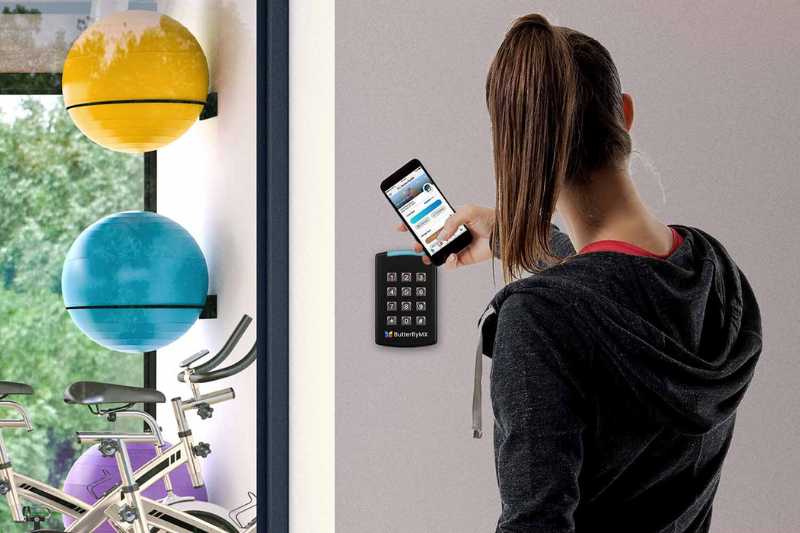
What is a Door Forced Feature in Access Control?
This guide is for informational purposes and should not substitute for professional security consultation. Contact Atkins Systems for a personalized security assessment and solution.
At Atkins Systems, a leading provider of cutting-edge security solutions based in Canton, Georgia, we recognize the critical role that access control systems play in safeguarding premises. A standout component in our suite of security measures is the “Door Forced Feature.” This sophisticated functionality is designed to alert property owners and security personnel of unauthorized entries, acting as a frontline defense against potential security breaches. Let’s delve into the mechanics, significance, and implementation of the Door Forced Feature in enhancing property security.
Unpacking the Door Forced Feature:
Core Functionality: The Door Forced Feature operates as an integral part of access control systems, detecting when a door is opened forcibly or without proper authentication. It’s engineered to trigger an alarm or notification when unauthorized access is attempted, providing an instant warning of potential security incidents.
Operational Components: This feature seamlessly integrates door position sensors (DPS) with our advanced access control systems. The sensors monitor the door’s status, relaying real-time data to the control system to ascertain whether the entry was legitimate or forced.
The Strategic Advantage of the Door Forced Feature:
Proactive Alert System: The essence of the Door Forced Feature lies in its ability to offer immediate alerts upon detection of a forced entry. This rapid notification enables a swift and effective security response, potentially averting theft, vandalism, or unauthorized access.
Enhancing Deterrence: The mere presence of a sophisticated security system equipped with a Door Forced Feature can act as a strong deterrent to would-be intruders, reinforcing the security perimeter around your property.
Regulatory Compliance and Record-Keeping: For businesses, especially those under stringent regulatory scrutiny, maintaining detailed records of security incidents, including forced entry attempts, is essential. This feature aids in compiling comprehensive audit trails, facilitating compliance and investigative efforts.
Implementing the Door Forced Feature with Atkins Systems:
Integration with Access Control: At Atkins Systems, we specialize in integrating the Door Forced Feature within your existing security ecosystem, ensuring that your access control system is optimized for maximum protection against unauthorized entries.
Customized Notifications and Responses: Our systems allow for the customization of alert protocols and responses to forced entry detections. Depending on your security strategy, we can configure the system to initiate automatic area lockdowns, integrate with CCTV systems for immediate recording, or alert local law enforcement.
Professional Installation and Support: The effectiveness of the Door Forced Feature hinges on precise installation and calibration. Our team of security experts at Atkins Systems provides comprehensive installation services, ensuring that every component of your access control system functions seamlessly together.
Conclusion:
In today’s security-conscious environment, implementing robust access control measures is paramount. The Door Forced Feature represents a significant advancement in security technology, offering businesses and homeowners an added layer of protection. With Atkins Systems, you gain not only access to top-tier security solutions like the Door Forced Feature but also the expertise and support necessary to maintain a secure and resilient property.
Note: Regular maintenance and testing are vital to the continued efficacy of your security system. Atkins Systems offers ongoing support and maintenance services to ensure your security measures remain at the forefront of protection technology.
For a tailored approach to your security needs, including the integration of the Door Forced Feature into your security plan, contact Atkins Systems today. Let us help you fortify your defenses and secure your peace of mind.
